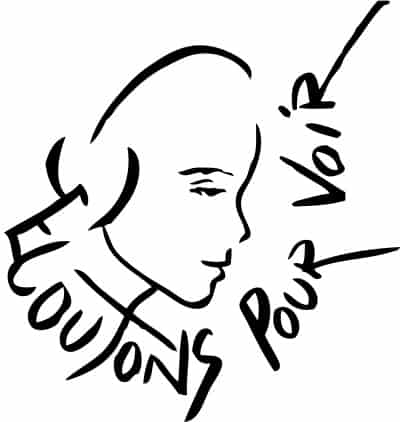Another legal question…
A person contacted us to ask us, following our article on Spotify, if it was possible to use Apple Music in a new store it is equipping... The reason? He has a "family" subscription that allows him to broadcast on 5 different devices, so he wonders if it is possible, for a possibly short time, to use this application to broadcast music in his store, the time to choose a more professional solution like Music Admix and make playlists as he likes them.
We had already addressed this question in an article from a previous blog several months ago, but this is a rather long article that covers all the topics related to the provision of music services in stores, playlists etc. Today, let's just answer the purely legal and legal aspect.
The answer is quite simple. No, you can't.
Why? Simply because Apple forbids it, not only Apple, but also French law, but the contract between you and Apple makes this very clear. What do the general conditions of the Cupertino firm say? a link that you can consult.
– You may use the Services and Content only for personal and non-commercial purposes
– The provision of Content does not grant you any commercial or promotional use rights and does not constitute a grant or waiver of the rights of copyright holders or related parties.
In another document, the apple mark drives the nail in with a slightly different formulation (negative form "you can't" instead of positive form "you can…only", and use of other words :
– You may only use the Services and Content for personal and non-commercial purposes
– The delivery of Content does not grant you any rights with respect to any commercial or promotional use, and does not constitute a grant or waiver of the rights of any copyright owner.
This is the heart of the matter, it's a question of copyright and related rights, we've already written a lot about it (see for example the article on Spotify) so we won't go any further.
In the future, it is possible that an Apple Music Business offer will be implemented. CultofMac dated December 2018 indicated this:
"Apple Music for Business" in preparation
Apple filed an application for registration of the trademark "Apple Music for Business" with the U.S. Patent and Trademark Office on November 29, but it mentions registrations in other countries – including one in Jamaica in early June.
The trademark suggests that Apple plans to give companies access to its streaming music service, and with such a license, they would be allowed to play it in a public place, such as a retail store, coffee or even a radio.
The documents filed list a number of different use cases in International Classes 038 and 041, including "the broadcasting and transmission of music, audio, video and streaming multimedia content by radio, television, Internet and satellite for commercial purposes".
Apple also mentions uses in retail and commercial establishments, in public places and for audio and video production."
The article then discusses the savings that could be achieved in this way, but Ecoutons Pour Voir remains doubtful: Cupertino's brand is not known for offering cheap products or services, and the author of the article seems to show a certain lack of knowledge of music rights management, when he writes that". As it stands, companies generally need to obtain a license from rights management organizations if they want to play music in a public place, so signing up for Apple Music could make things easier, but it's not certain it's cheaper. «
Like any establishment broadcasting music, a store using such a service would still have a legal obligation to pay SACEM, while the management of other rights would either be paid by the store or more likely to be paid on the subscription price, as is the case for approximately 100% of the music solution providers at the point of sale.
The author understood this well when he explained that "the Public licences can cost between hundreds and tens of thousands of dollars a year, depending on how they are used and the size of the company that acquires them, but they are not cheap, but they are more affordable than fines for copyright infringement.«
